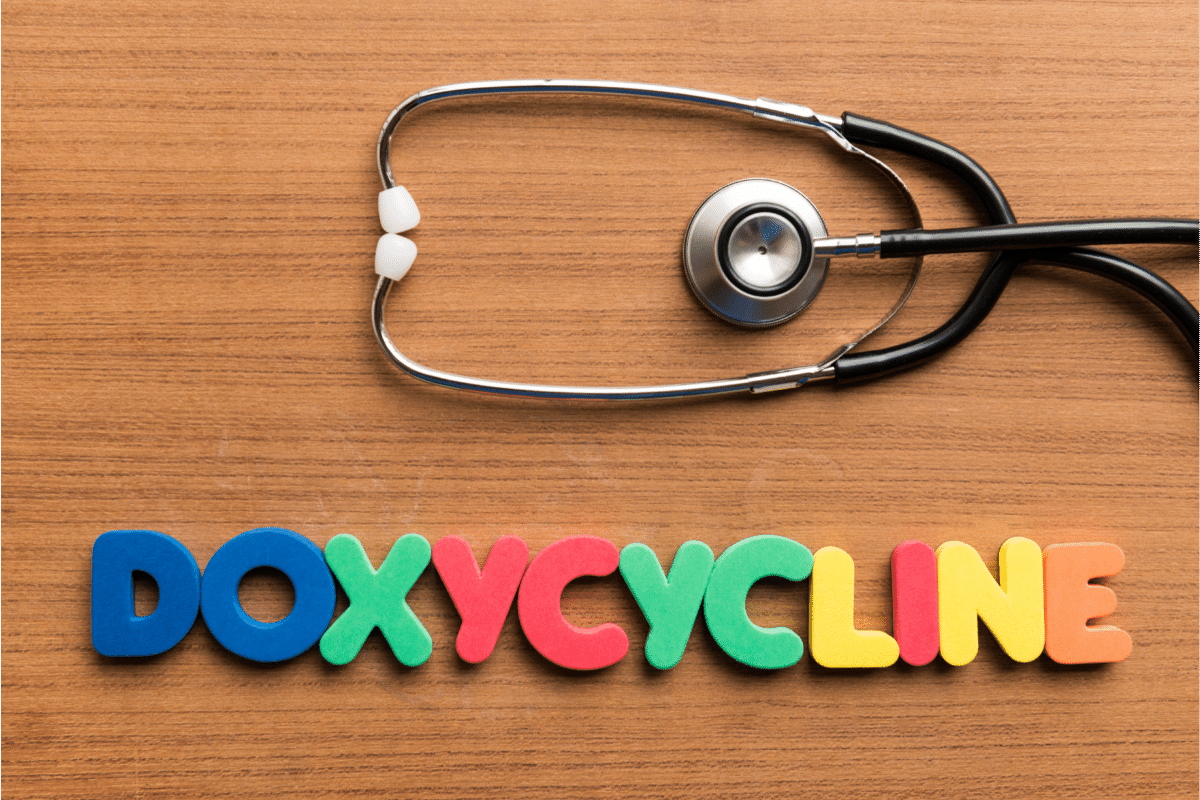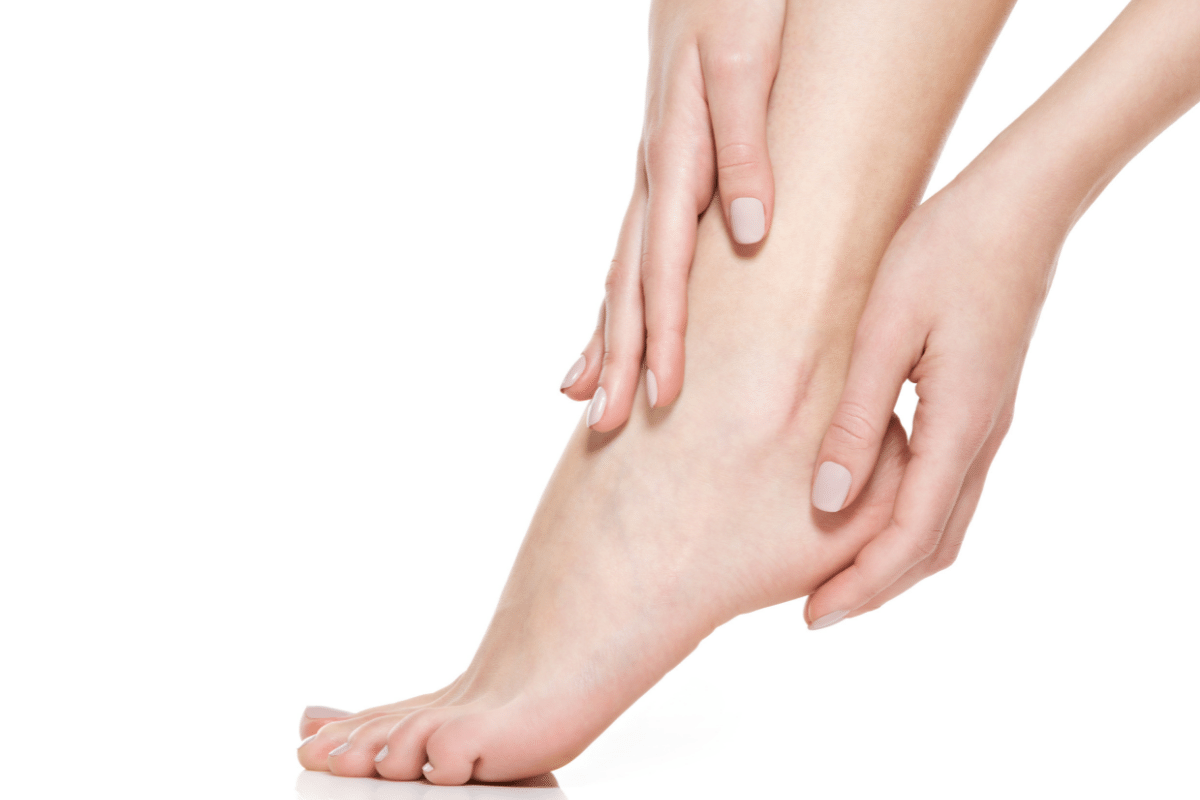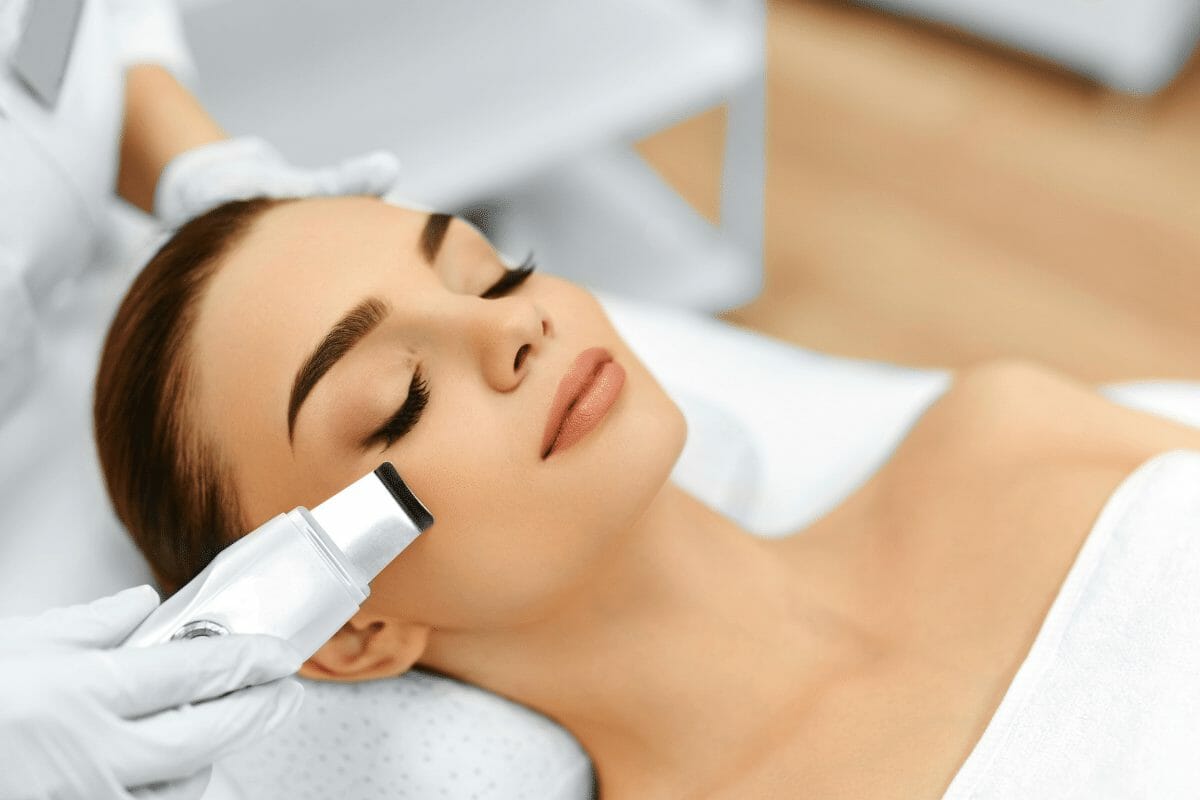
6 Doxycycline Side Effects Acne-Sufferers Should Know About
Acne is the most common skin problem faced by almost by the teenager. In this condition, dead skin cells, oily substances, bacteria, or hair block the pores on the skin which results in acne. Due to blockage, blackheads, whiteheads, and inflammation are produced on your skin. Dermatologists decide how to fix acne by reviewing your skin and health condition and according to the severity of your acne. Most of the acne can be treated by a simple small process but if your acne is severe then health workers may suggest you using antibiotics.
Antibiotics named doxycycline are very common and an effective solution for treating acne. But unfortunately, doxycycline is not for everyone.
What is Doxycycline? – Things you must know
It is an antibiotic drug from a group called tetracycline, known in the market since 1967. The intake of Doxycycline can be through capsules, powder, syrup, or tablets. It is used in multiple medicines known as Adoxa, Periostat, Doryx, Monodox, Oracea, Acticlate, and Vibramycin. They are of two types; doxycycline hyclate and doxycycline monohydrate. There is no such difference between them. Both are equally effective but monohydrate is expensive than hyclate.
How Doxycycline treats acne
Many strains of bacteria live on our skin. There are more than 1000 strains of these bacteria that are living on the skin. The most common type of bacteria is P. acnes that live in the sebaceous glands that are oil; producing glands in our skin. Oil production is dependent on the testosterone levels in the blood. The testosterone levels are increased when you reach puberty. This increase affects the sebaceous gland that produces more oil. The P. acnes multiply rapidly in this oily condition and can cause inflammation. The doxycycline treats inflammation by killing the P. acnes bacteria.
Doxycycline starts working to treat acne after some time. Visible improvement in acne treatment is observed after completion of two weeks but full treatment can last for 3 months. You can feel that old pimples are going away and the frequency of new ones is reduced. After the completion of three months of treatment of acne with doxycycline, the doctor will decide to continue this antibiotic or stop. Usually, doctors don’t recommend its use for more than three months to avoid drug resistance.
Doxycycline should not be used along with some other medicine. Following OTC products can reduce the efficacy of doxycycline by blocking the absorption in the gut.
- Iron supplements
- Products that contain aluminum and magnesium
- Antacids that contain calcium
- Products containing bismuth subsalicylate
Some prescription medicines also should not be taken along with doxycyclines like warfarin and seizure medicines.
Side effects of Doxycycline:
- Gastrointestinal side effects
Stomach disturbance, Nausea, and vomiting:
Stomach problems like Nausea, vomiting, severe diarrhea, loss of appetite, weight loss, bloody diarrhea Fever dehydration, stomach cramping, and pain in your upper abdomen. The high doses of this drug can good bacteria as well as bad bacteria.
To avoid this most reported problem, you are suggested to take the dose with food. Increasing the intake of dairy products while having doxycycline can be very helpful. Taking this dose after two hours of eating dairy products can be ideal.
- Doxycycline and sore throat:
The intake of chemicals and drugs can affect your esophagus. According to the reports of Clinical Therapeutics, the most usually declared side effect of drugs is esophageal erosion.
It is the type of esophagitis in which the esophagus is damaged. Esophagitis is the swelling and irritation of in tube that takes food to the stomach known as the esophagus.
The symptoms that indicate this disease:
- Blood vomiting
- Chest burning
- Heartburn
- Dysphagia
To avoid this issue, keep yourself hydrated. Drink a whole glass of water because going to bed. Also, keep water along with your bed.
- Doxycycline and photosensitivity:
Another side effect of doxycycline is photosensitivity. Before taking any drug in any form, one should know its hypersensitivity. Photosensitivity usually occurs in patients who take doxycycline for 14 to 15 days.
Photosensitivity is the condition in which your skin becomes more sensitive to the sun. It can be of two types; phototoxic and photoallergy. Photo toxic is the type of skin disease in which rashes appear on your skin after 24 hours of interaction with the sun while the rashes of photoallergy appear after 3 to 4 days of sun interaction. Skin rashes, skin burns, peeling off of the skin, even blisters, if the sunburn is severe, are the symptoms of photosensitivity.
- Doxycycline and pale skin
The pale color of the skin is due to a condition called drug-induced immune hemolytic anemia. In this condition, the immune system attacks on its own red blood cells. Red blood cells are necessary because they carry oxygen. This condition can lead to the following problems.
- Pale or yellow skin color
- Weakness
- Dizziness
- Confusion,
- Increased heart rate
- Feeling of fatigue
- Feeling of fever
All these symptoms are not serious but you should inform your doctor if any of the above-mentioned symptoms appear.
- Doxycycline and headache/dizziness
Doxycycline belongs to the class of drugs called tetracycline and can cause the following side effects.
- Headache
- Dizziness
- Blurred vision
All these symptoms are transitory and automatically treated after the completion of treatment. You report to the doctor if you feel any new headache after the start of treatment with doxycycline.
Doxycycline and loss of appetite
Loss of appetite is another side effect of doxycycline after nausea and vomiting. This loss of appetite can be because the doxycycline also kills the beneficial bacteria in the gut along with harmful bacteria causing inflammatory acne. This side effect does not last for long and is self-treated after the completion of treatment. If gastrointestinal disturbances continue during the doxycycline treatment then inform this issue to the doctor immediately. The doctor can change your medicine.
In the last, one thing everyone should consider and is to avoid self-medication. Your doctor knows which medicine to prescribe for which duration.






